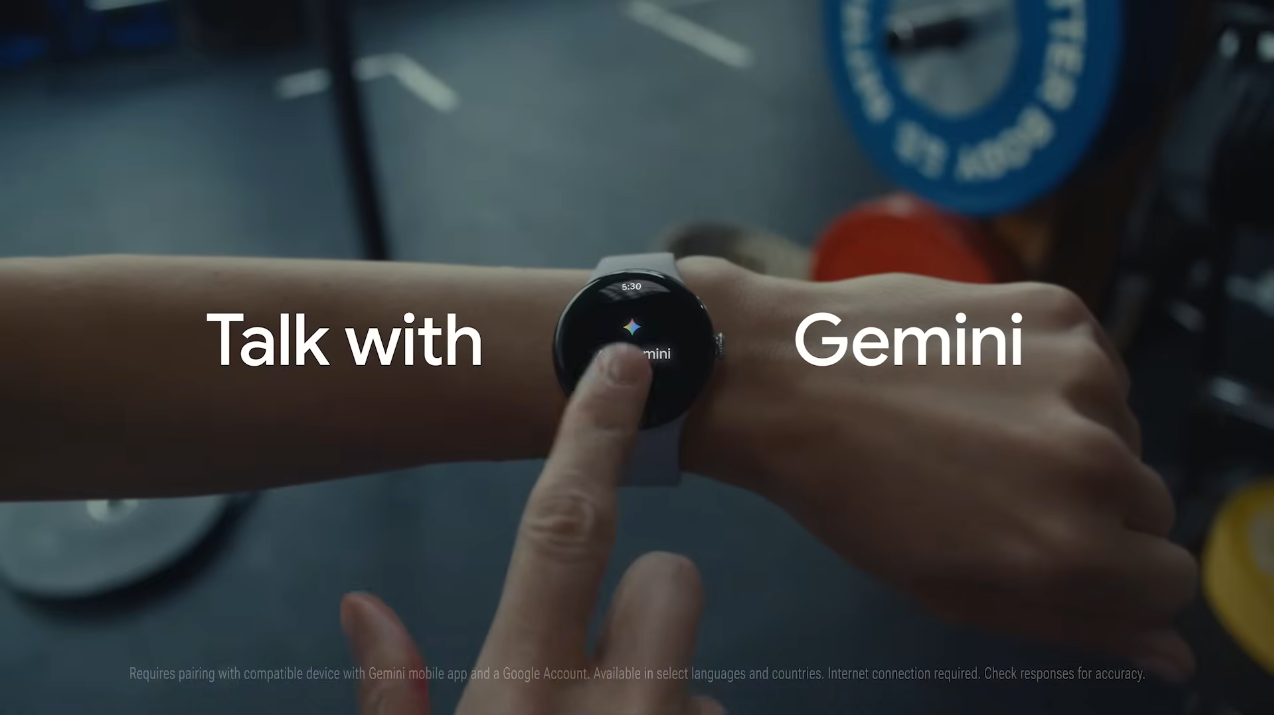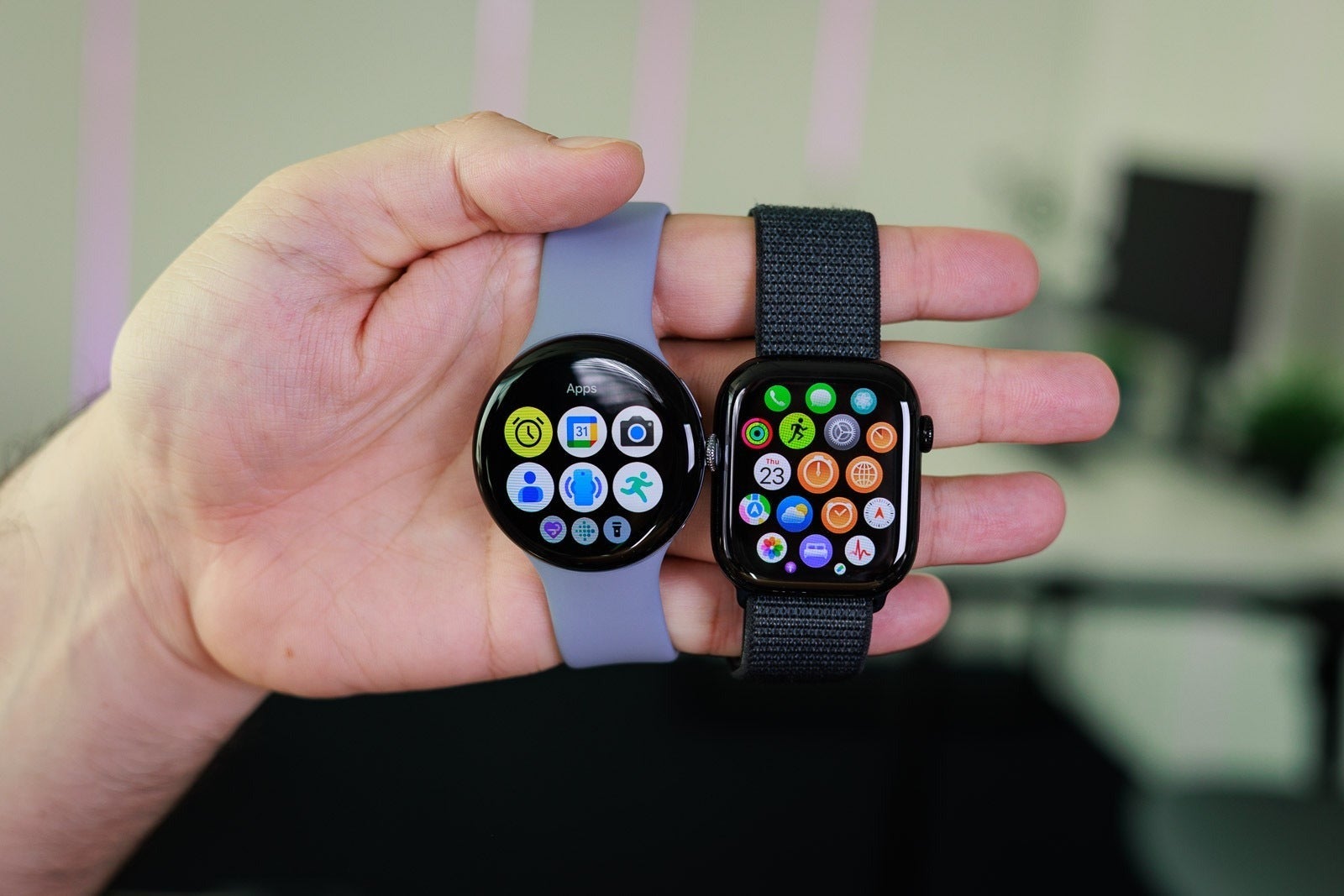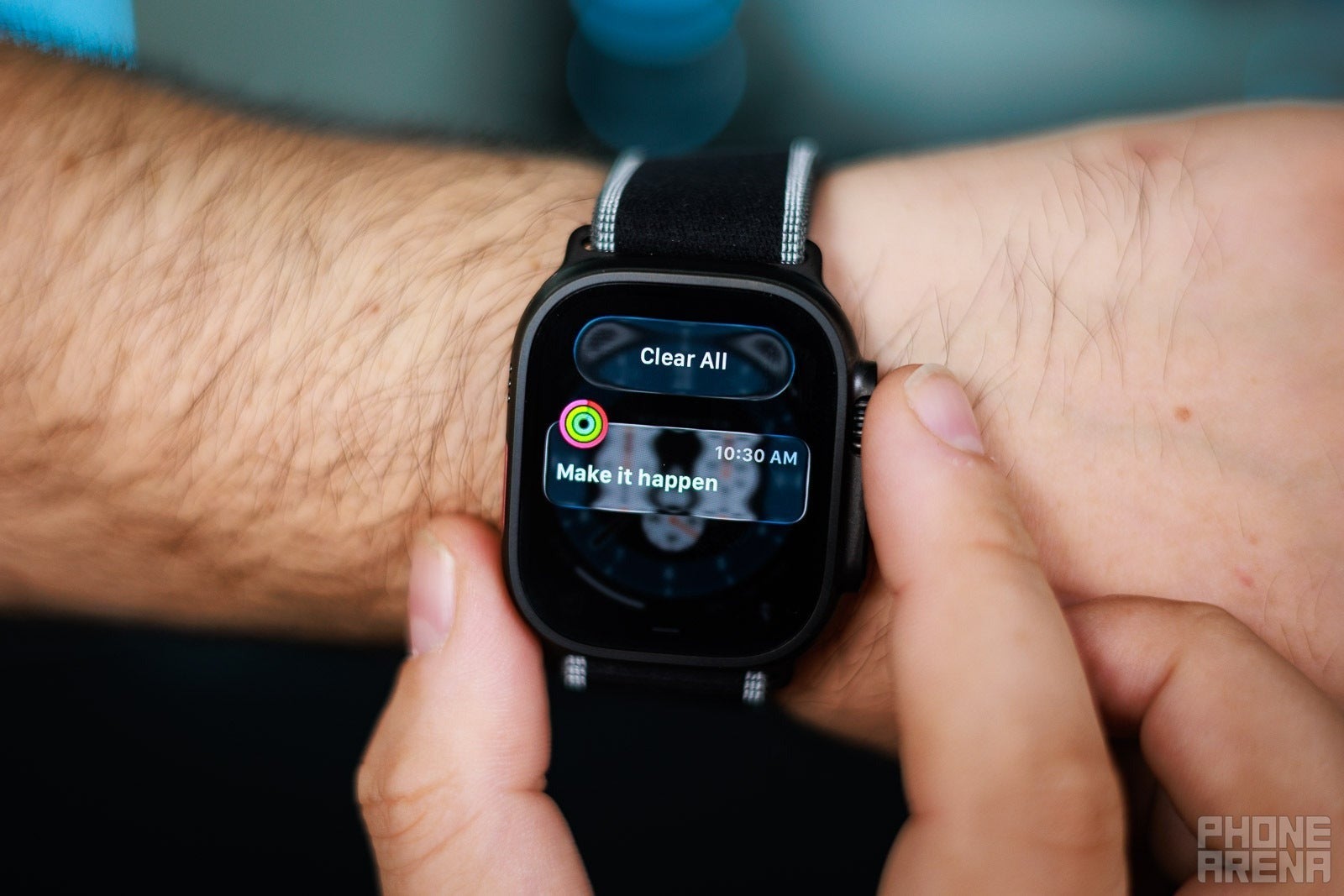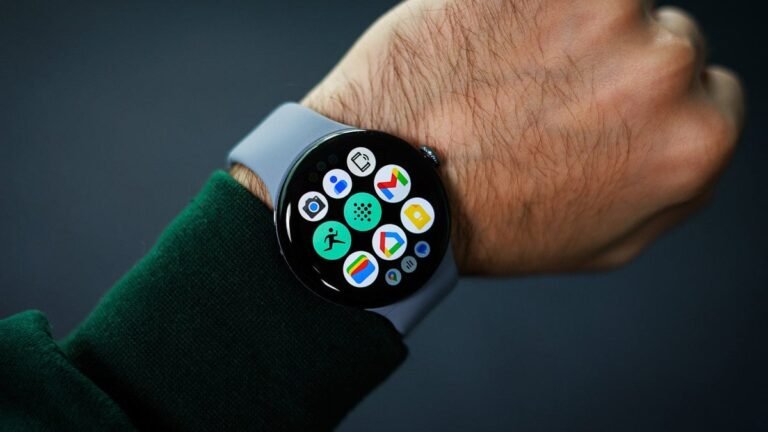The Google Pixel Watch 4 is the first real challenge Apple has faced since the original Apple Watch launched. How is Google winning over people’s hearts? Not by trying to compete where Apple is already strong, but by doubling down on what it already does better — AI.
AI is the new frontier in wearables, and Google got there first


The biggest difference between the Apple Watch Series 11 and the Google Pixel Watch 4 isn’t in their sensors, screens, or straps. It’s in how they are treated as products by their respective manufacturers.Apple still treats the smartwatch like a health device, but Google has steered towards the smartwatch as a device that’s meant to be, well, smart.
With the Pixel Watch 4, Gemini replaced the Google Assistant, and it genuinely helps the Pixel Watch feel like a big step forward in the world of wearables. Gemini can summarize your day, plan your workouts, and even help you cook dinner. It’s fast, context-aware, and capable of running on-device for privacy and speed.
Siri, on the other hand, still feels stuck in 2018 (even more so on Apple watches than on iPhones). It can handle timers and messages but depends heavily on your iPhone or Wi-Fi connection. Apple Intelligence hasn’t reached the Apple Watch yet in any meaningful way, and when it does, it will likely arrive in a restricted form. By that I mean it probably won’t have the kind of open-ended, context-aware freedom that Google’s Gemini already offers on the Pixel Watch 4. Instead, it will likely be limited to certain approved apps, which is the way Apple has applied Siri so far.
But even when it comes to health and fitness tracking, the gap in AI functionality only becomes wider between these two wearables.
Google’s AI Health Coach, on the other hand, is proactive: it helps you act on that data before it becomes a problem. It can suggest workouts, guide your recovery, and even adjust your daily goals dynamically. Now, obviously, it is still in its early stages and has its limitations, but it is clear that Google is already ahead.
And being ahead in wearable AI is crucial, in my opinion, as that’s where I believe the next big battleground for wearables lies. From here on, it won’t be about how many sports modes a watch supports or how rugged it is. The real selling point will be how much it can “sync” with you and your body.
The Pixel Watch 4 feels more Apple than Samsung ever did


Samsung has spent years trying to beat Apple by piling on health sensors, gesture controls, and Galaxy AI features. The Galaxy Watch line has always been powerful, but rarely cohesive. But Wear OS 6 gives Google the kind of user experience that gave Apple an advantage.
The Pixel Watch 4 feels like it came from the same design lab that created the iPhone’s software, but translated into Google’s own language. It’s playful, expressive, and it invites you to explore.
From the moment you twist the rotating crown and see the new Actua 360 display light up, it’s clear this is a smartwatch designed by a company that finally understands its own ecosystem. The new Material 3 Expressive interface is colorful, responsive, and genuinely fun. Notifications feel alive, animations flow naturally, and things like Google Wallet, Maps, and your camera shutter feel smooth.
And while Samsung’s watches have often felt like mini-phones strapped to your wrist, the Pixel Watch 4 feels more like an extension of your Android ecosystem.
Hardware still matters, but experience matters more
Apple remains the gold standard for build quality, at least speaking strictly about the US market. The Series 11 comes in titanium options with sapphire glass, which is something Google is yet to offer. Not to mention that it’s thinner and lighter, which makes it more comfortable to wear overnight.The Pixel Watch 4, on the other hand, is thicker and a little more fragile, though now more repairable. It’s still a beautiful piece of hardware, with its minimalist pebble design and edge-to-edge curved glass. In fact, I prefer its look to that of the Apple Watch. Nevertheless, it’s not built for abuse, and I have a bad habit of scratching my smartwatches, so I do appreciate any extra durability I can get.
Where the Pixel Watch 4 wins decisively, however, is its display and battery life. The Pixel Watch 4’s 3,000-nit Actua 360 AMOLED display is brighter and bolder than Apple’s 2,000-nit OLED. The screen melts into the domed glass in a way that makes Apple’s flat panel suddenly look conservative.
And while the Series 11 finally reaches 24 hours of battery life (up from 18), the Pixel Watch 4 still laps it with up to 40 hours on a charge — or two full days in real use.
Even in connectivity, Google takes a win. While Emergency SOS via satellite comes standard on the Pixel Watch 4, Apple reserves that for its much pricier Ultra 3.
Privacy: The one realm where Apple still reigns
Not everything tilts in Google’s favor, though. For users deeply concerned with health data privacy, Apple is still the safer choice.
A VPN Mentor report has rated Apple’s data-sharing practices as “excellent” and Google’s as merely “good.” Apple doesn’t sell or share health data for analytics or advertising, and every data point requires explicit user permission.
Google, while far better than Samsung or Meta, still uses data internally across services and offers limited third-party sharing. For many users this might not be that big of a deal, but if you are a privacy purist, Apple is definitely a safer choice.
Apple’s dominance isn’t over, but its monopoly over the market is nearing its end


Apple still sells the best smartwatch for iPhone users. It’s beautifully engineered, medically sophisticated, and nearly flawless at what it does. But for the first time, the fruit’s dominance over the smartwatch market does not seem as assured.
The Pixel Watch 4 has something the Apple Watch lost years ago — a sense of fun. It’s not trying to be your doctor. It’s trying to be your companion; something like a helpful tamagotchi.
If Apple wants to stay on top, it needs to make the Apple Watch feel alive, just like Google has done with the Pixel Watch 4. Trouble is, Google has a solid head start, so it won’t be an easy task.
Who knows, maybe Samsung will introduce a new Galaxy Watch that threatens both Apple and Google alike. Whatever awaits us, it looks like the smartwatch wars are about to get interesting again.


